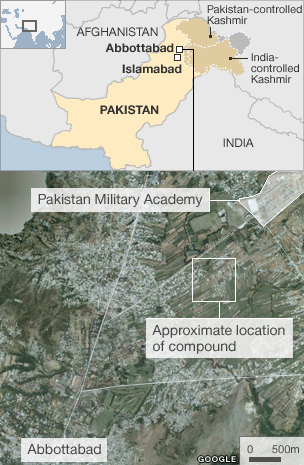Charles C. Mann visits the airport with security guru Bruce Schneier:
Since 9/11, the U.S. has spent more than $1.1 trillion on homeland security.
To a large number of security analysts, this expenditure makes no sense. The vast cost is not worth the infinitesimal benefit. Not only has the actual threat from terror been exaggerated, they say, but the great bulk of the post-9/11 measures to contain it are little more than what Schneier mocks as “security theater”: actions that accomplish nothing but are designed to make the government look like it is on the job. In fact, the continuing expenditure on security may actually have made the United States less safe.
[. . .]
From an airplane-hijacking point of view, Schneier said, al-Qaeda had used up its luck. Passengers on the first three 9/11 flights didn’t resist their captors, because in the past the typical consequence of a plane seizure had been “a week in Havana.” When the people on the fourth hijacked plane learned by cell phone that the previous flights had been turned into airborne bombs, they attacked their attackers. The hijackers were forced to crash Flight 93 into a field. “No big plane will ever be taken that way again, because the passengers will fight back,” Schneier said. Events have borne him out. The instigators of the two most serious post-9/11 incidents involving airplanes — the “shoe bomber” in 2001 and the “underwear bomber” in 2009, both of whom managed to get onto an airplane with explosives — were subdued by angry passengers.
[. . .]
Terrorists will try to hit the United States again, Schneier says. One has to assume this. Terrorists can so easily switch from target to target and weapon to weapon that focusing on preventing any one type of attack is foolish. Even if the T.S.A. were somehow to make airports impregnable, this would simply divert terrorists to other, less heavily defended targets — shopping malls, movie theaters, churches, stadiums, museums. The terrorist’s goal isn’t to attack an airplane specifically; it’s to sow terror generally. “You spend billions of dollars on the airports and force the terrorists to spend an extra $30 on gas to drive to a hotel or casino and attack it,” Schneier says. “Congratulations!”

 More details are emerging of how al-Qaeda leader Osama Bin Laden was found and killed at a fortified compound on the outskirts of Abbottabad in north-west Pakistan.
More details are emerging of how al-Qaeda leader Osama Bin Laden was found and killed at a fortified compound on the outskirts of Abbottabad in north-west Pakistan.

